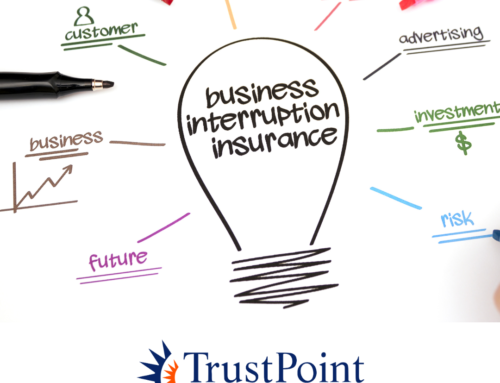By Daniel Steinzeig
The holiday season is prime time for cyber scams. Online shoppers are busy and easily distracted shopping for gifts, which is why cybercriminals use the holiday season to make their moves. Thousands of people become victims of holiday scams every year and are robbed of their hard-earned money and personal information.
One type of online scam is Hybrid Phishing. These multi-step phishing scams are usually sent via text or email to obtain the buyer’s personal information, such as credit card information or a phone number.
Here’s how it works:
- The scam begins with an email that looks like a legitimate order confirmation from UPS to get the recipient to act and click the link.
- Once the link is clicked, the recipient is taken to the UPS website, but the phone number listed is not affiliated with UPS and will not be picked up.
- A while later, the recipient will receive a call from what looks like a UPS phone number, but it is a hacker call center.
- The hacker says they must provide a credit card number with the CVV code to cancel the order. Once the card is given, the hack is complete.
Two other popular holiday scams are non-delivery and non-payment scams. In a non-delivery scam, the buyer pays for a good or service that they find online, but they never receive what they paid for. In a non-payment scam, the goods or services are shipped, but the seller never gets paid. According to the Internet Crime Complaint Center’s 2020 report, non-payment and non-delivery scams accounted for $265 million in losses.
How to avoid getting scammed
Whether shopping for holiday gifts or selling some of your old things, always protect yourself from scams.
Know who you’re buying from
- Before making a purchase, check out the website to ensure it is secure and accurate. If the website does not have HTTPS in the web address, do not enter any information into the website.
- Do some research into the seller before entering credit card information. Check their ratings and be cautious if they have very few of them.
Be aware of how you pay
- Use a credit card, and review your statement often. It is easier to dispute a statement on a credit card rather than a debit card or a gift card.
- Do not wire money directly to a seller.
Track the shipping
- Make sure to get shipping and tracking numbers for everything you purchase online.
- If the seller’s address does not match the shipping address, that might be a red flag.
The holidays are a time for love and happiness. Don’t let a scam ruin these joyful moments.
From our team at TrustPoint Insurance & Real Estate, happy holidays!




